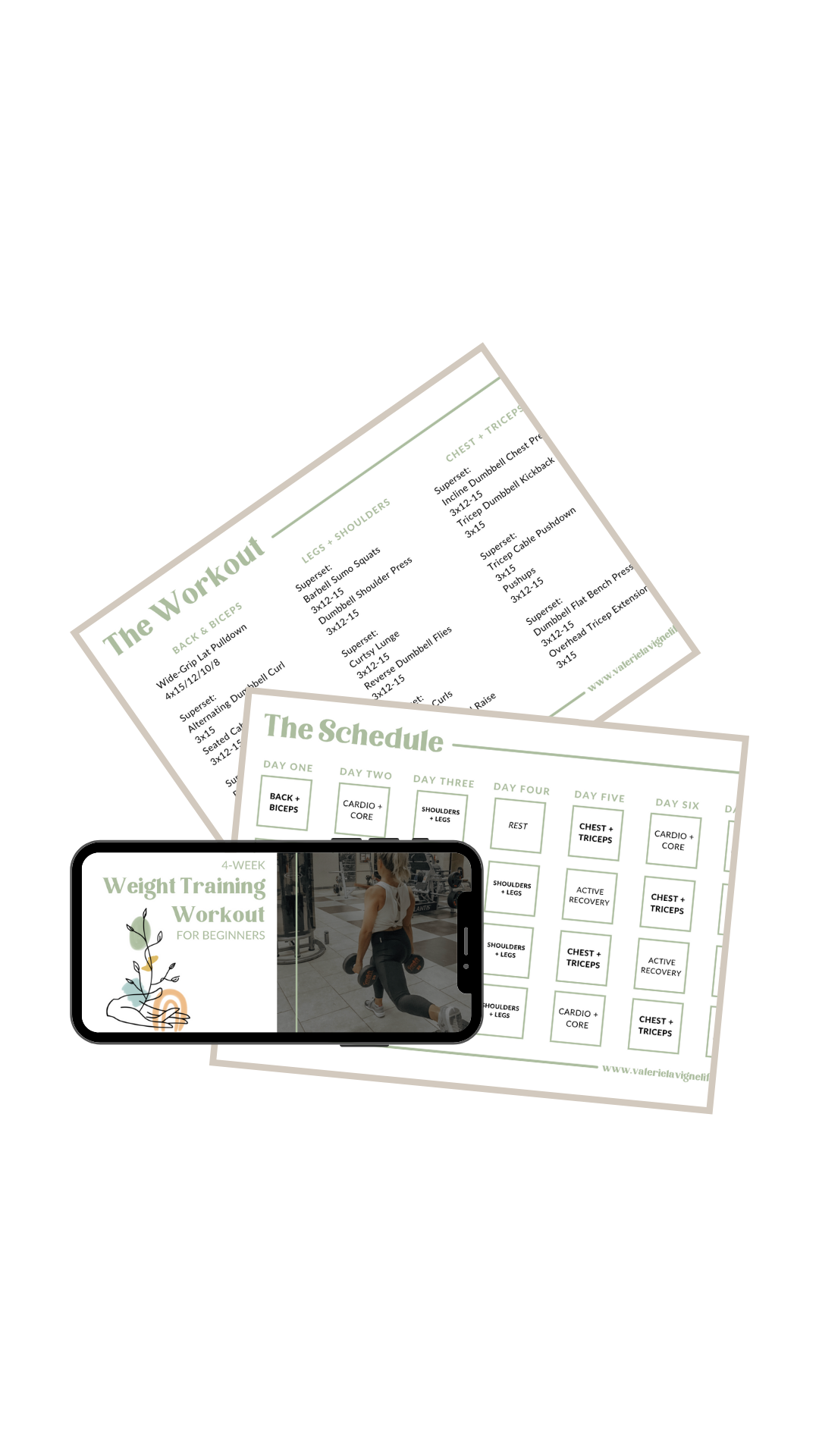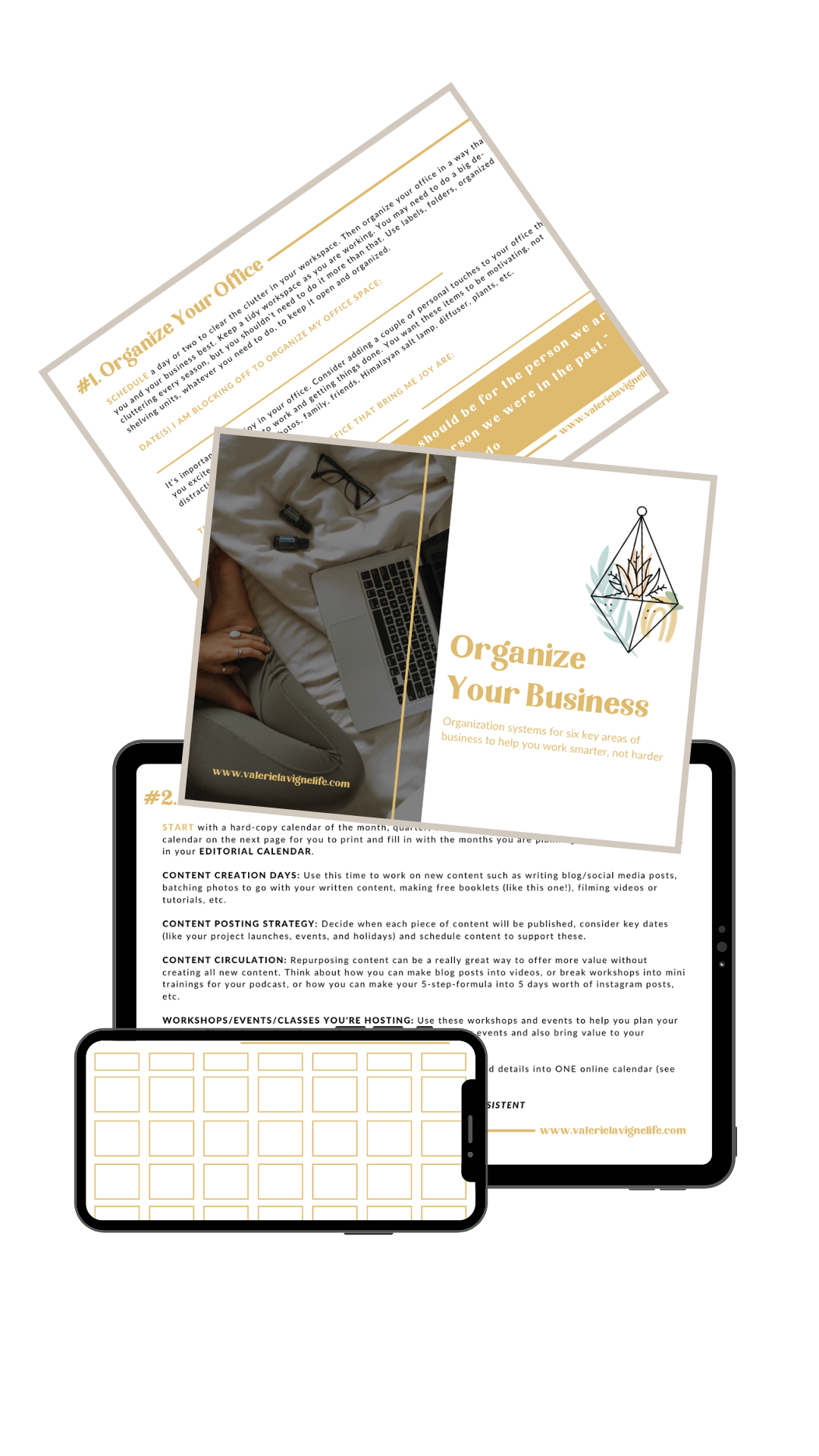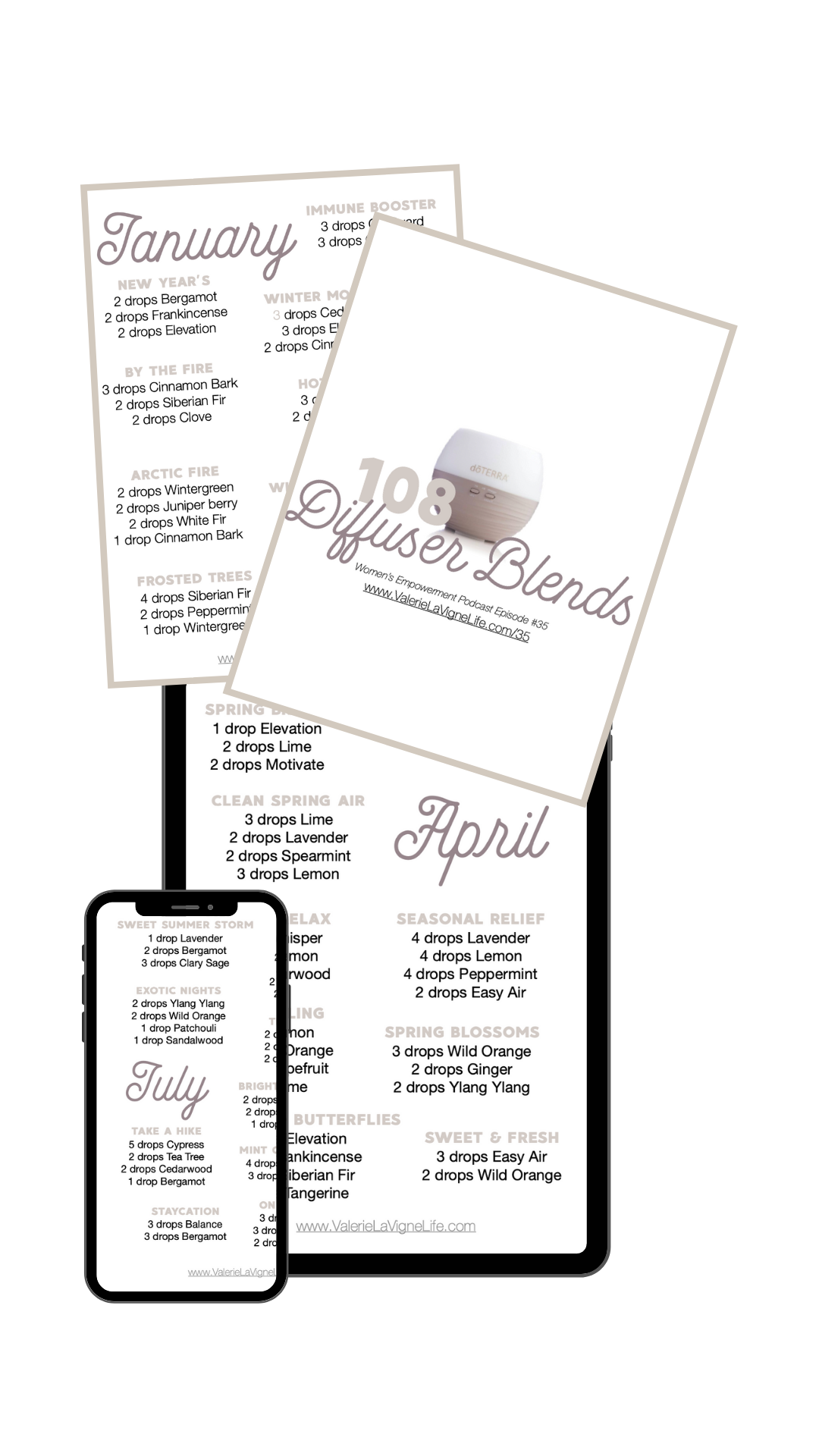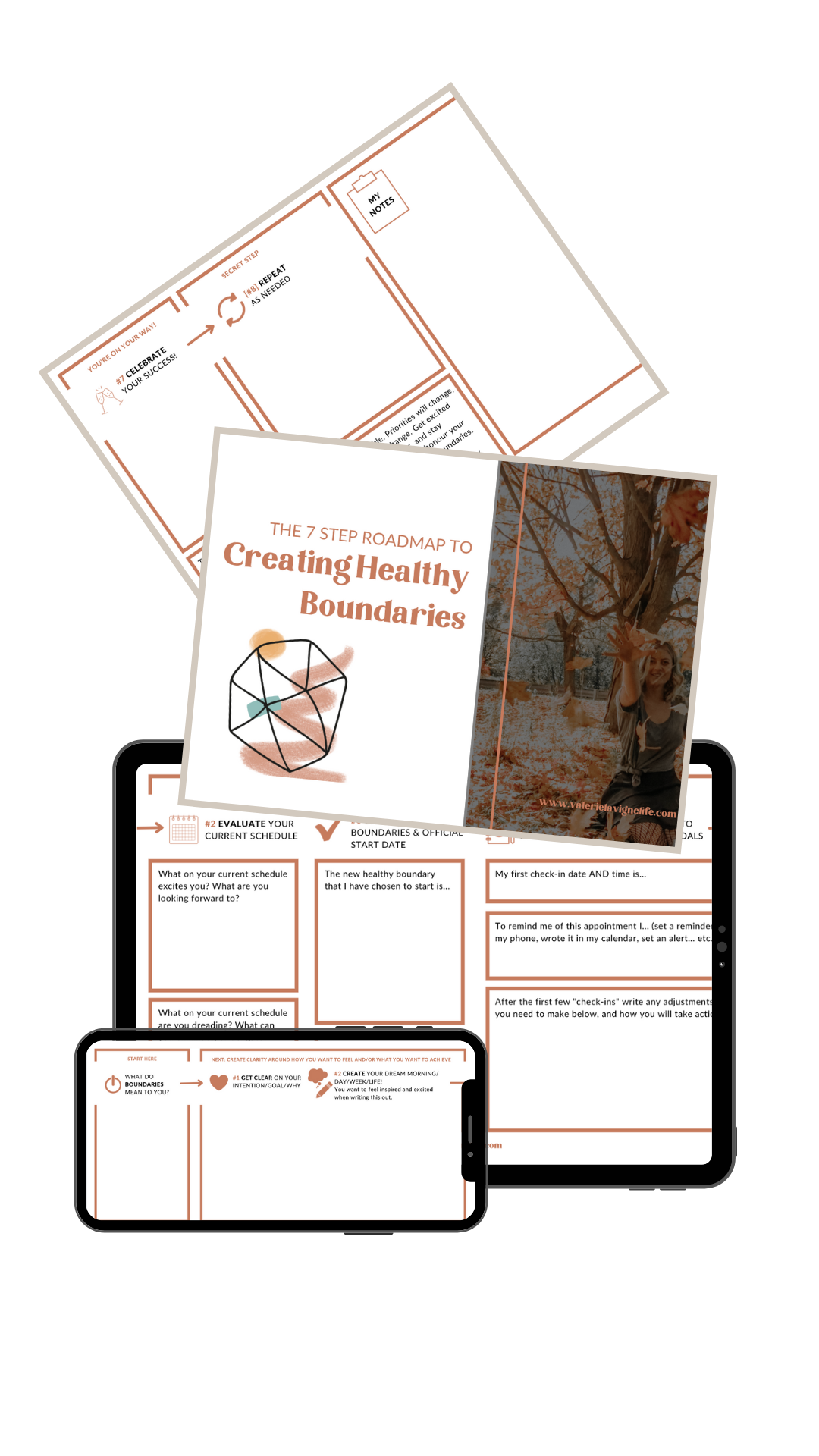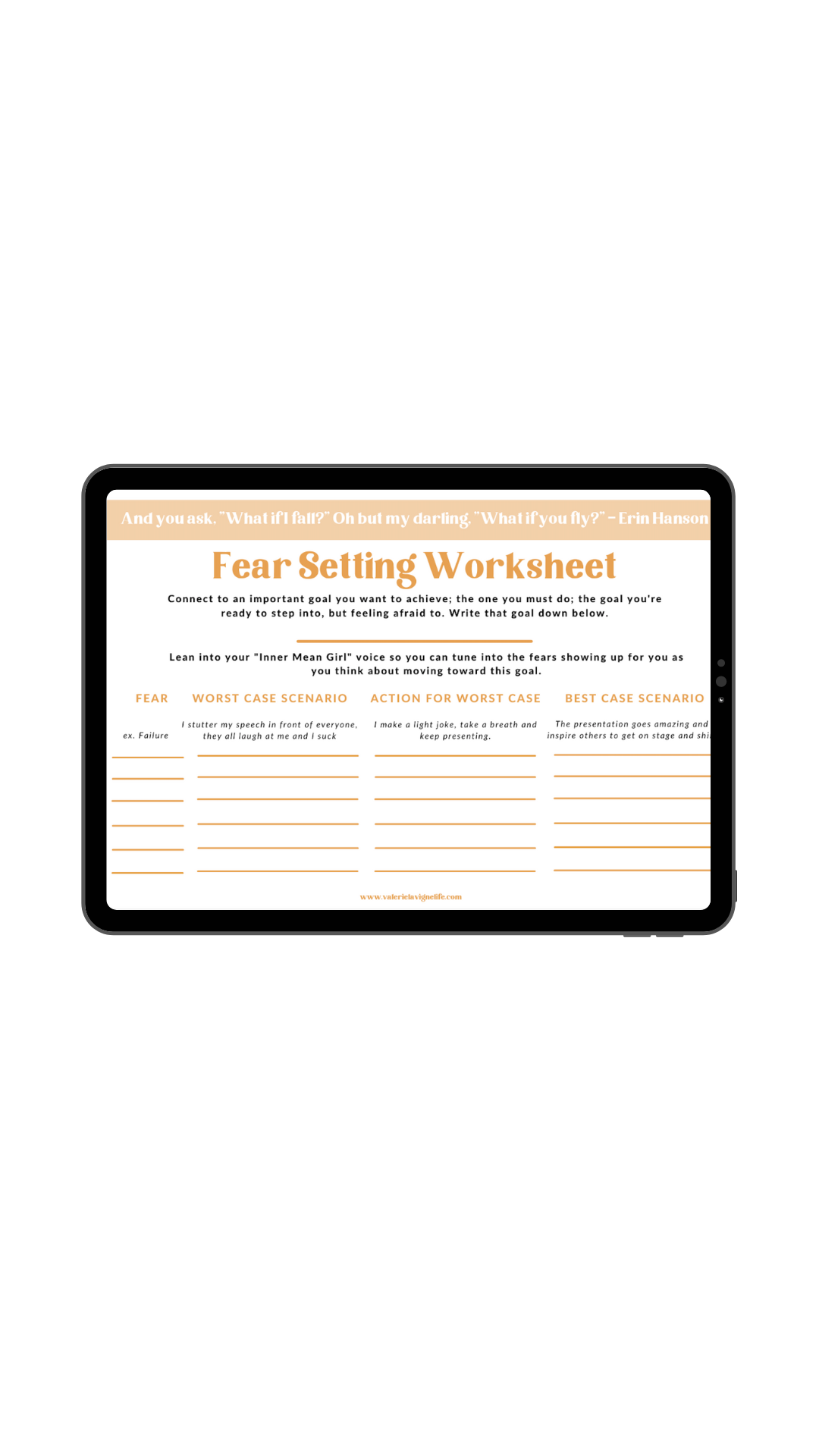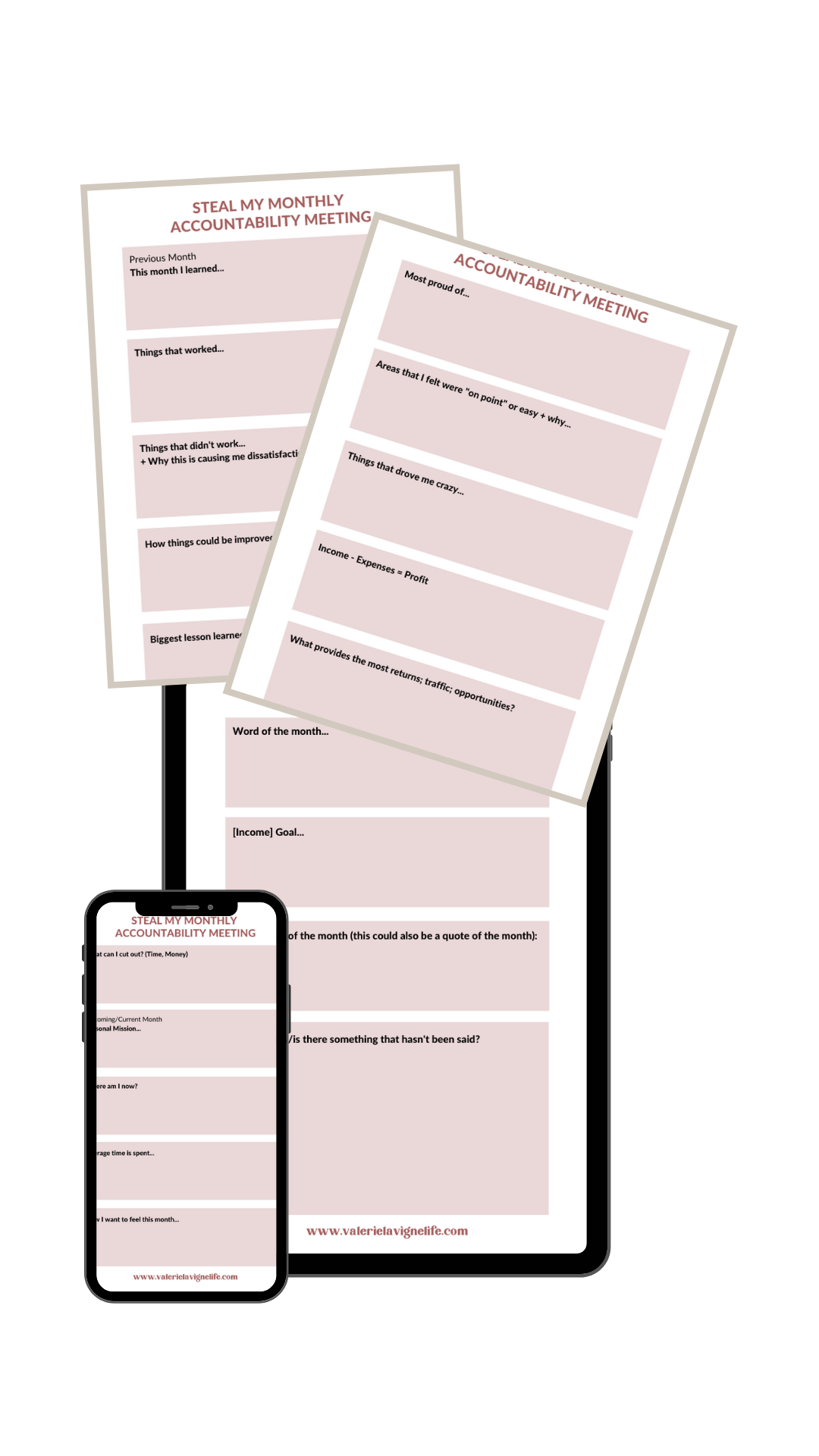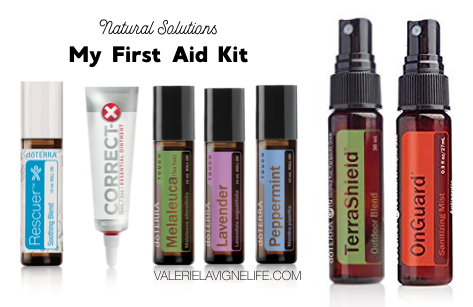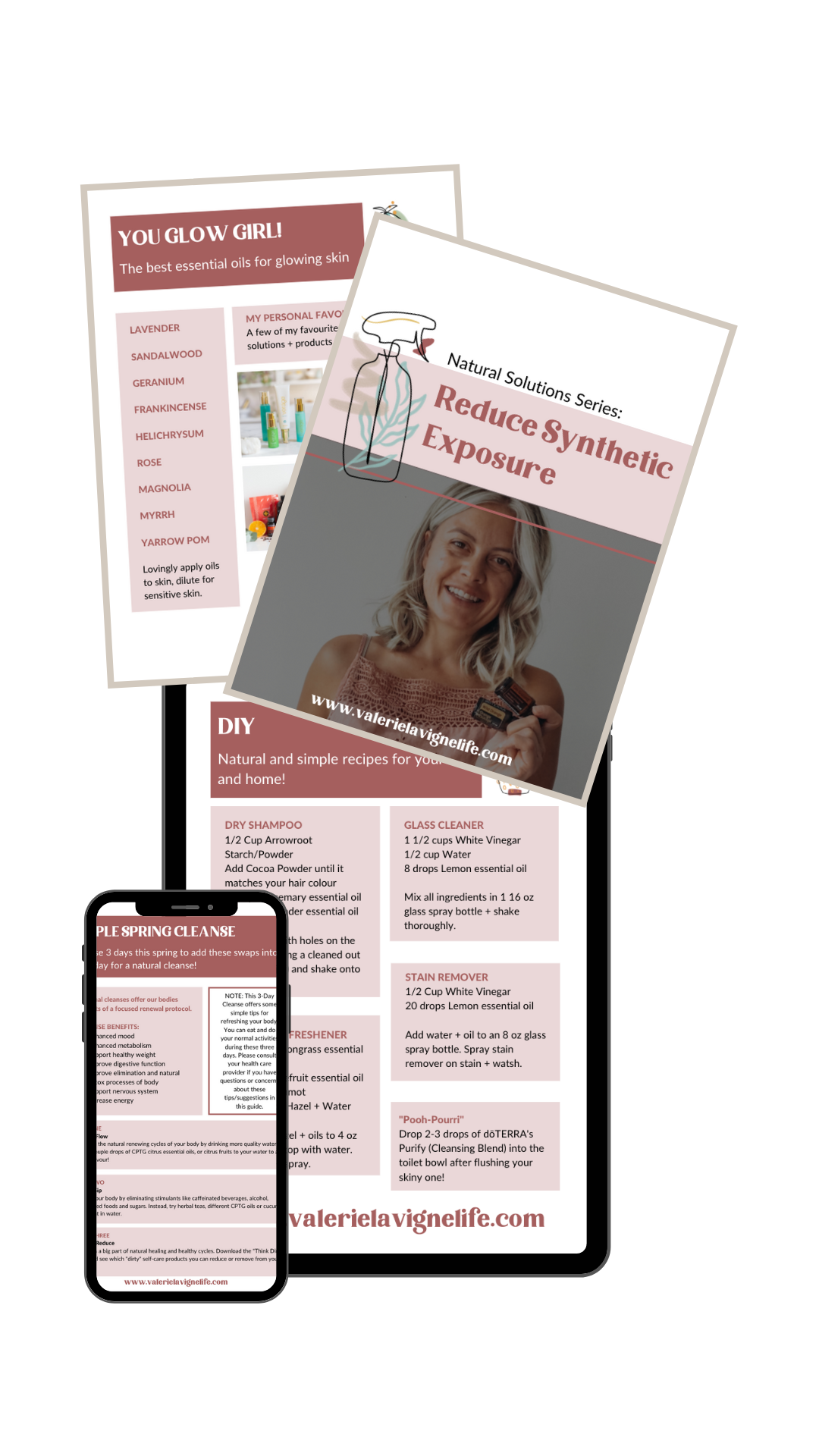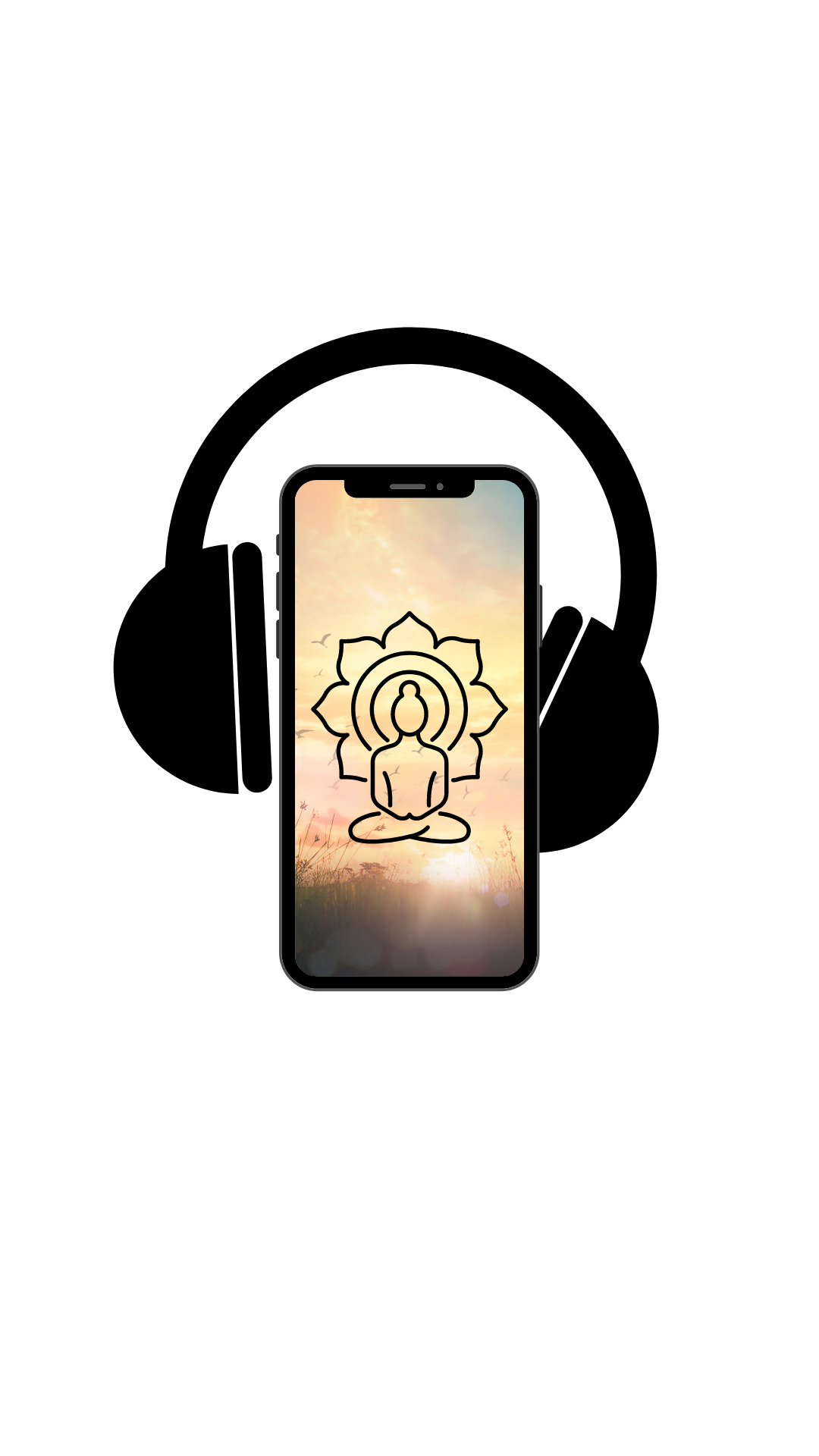Leave a review on Apple Podcasts
[2:30] Introduction + My personal journey with meditation
[7:50] Instagram Poll Results
Do you mediate?
Yes 68% No 32%
How long are you meditations?
Less than 20 min 82% More than 20 min 18%
What’s your meditation style?
Guided 50% Silent 50%
When do you like to meditate?
Morning 76% Evening 24%
My take on the results
What’s holding you back from meditation?
“It’s not in my routine – I need to commit”
“Not making time”
[9:50] QUESTION #1 (Part One): How Can I Incorporate Meditation into My Busy Life?
“What gets scheduled, is what gets done” – Michael Hyatt
You make time for what is important to you. Therefore you have to decide that meditation is important to you. Before you start a new habit, like meditation, think about WHY you want to start this new habit. What is a regular meditation practice going to do for you?
TIME BLOCKING: Look at your calendar and schedule your meditations
SET AN ALARM/REMINDER
PREP THE SPACE
MAKE IT EASY TO MEDITATE
SET A GOAL example: 3x per week for 2 minutes, then increase it!
[14:00] (Part Two): How do I make more time to go inward when my thoughts are going wild?
[15:50] QUESTION #2 How Does Practicing Meditation, Over Time, Help the Brain?
Only 12 minutes of daily meditation can ease stress, anxiety, depression, pain, and panic. It improves mood and focus, build gray matter, enhances decision making and memory, builds resilience, and fosters creativity.
After 8 weeks of “Mindfulness Meditation” MRI scans of the brain showed the amygdala shrinking, and the pre-frontal cortex becoming thicker. This means that the brain’s “fight or flight” or stress responder part of the brain was being overpowered by the part of the brain that is responsible for complex cognitive behaviour, personality expression, decision making and more. [SOURCE]
[19:45] QUESTION #3 What Kinds of Meditation are There?
Mindfulness Meditation
Focusing on the PRESENT moment
Releasing judgement (including of past)
Can be practiced anywhere/anytime
Mindfulness shows up in most meditations: bringing awareness to breath, or body.
Drawing attention to certain areas or thoughts is a form of mindfulness
One of the most studied parts of meditation is Mindfulness
[SOURCE] Here are some benefits:
Reduce fixation on negative emotions
Improve focus
Improve memory
Lessen impulsive, emotional reactions
Improve relationship satisfaction
Some studies have shown it even to improve (physical) health
Breath Awareness Meditation
Mindful breathing
Focus only on breath and quieting the mind
Breath is healing; breath is life
Improves concentration, emotional flexibility and reduces anxiety
Metta Meditation aka Loving-Kindness Meditation
Sending and receiving love and kindness to/from others – including enemies and sources of stress
Repetition
Excellent for emotional health including anxiety, depression, post-traumatic stress
Progressive Relaxation aka Body Scanning Meditation
The goal is to bring awareness to the body and notice areas of pain or tension
Releasing areas of tightness/tension
Scanning the body from one end to the other, allowing for time to pause and focus on certain areas
Can be physical and/or visual
Helpful for calmness and relaxation, or for people who are experiencing chronic pain
Kundalini Yoga
Active style of meditation
Mantras, krias
Movement and deep breathing
Lots of different benefits including:
reducing pain
improving physical strength
Improving mental health
Reducing anxiety and depression
Some people have claimed to have clearer skin, and reduced chronic low back pain
Zen Meditation
Common in Buddhist traditions
Similar to Mindfulness Meditation
Requires discipline
Sitting in a comfortable position, focusing on breath and thoughts without judgement
Can be a very spiritually rewarding practice among other benefits noted before
Transcendental Meditation
Very spiritual practice
Goal: to transcend or rise above the meditators current state of being
In yoga there is a term ATMAN that means: (“self”): the transcendental Self, or Spirit, which is eternal and superconscious; our true nature or identity; sometimes a distinction is made between the atman as the individual self and the parama-atman as the transcendental [SOURCE]
Mantras, repeated words or phrases, example: Sat Nam
… So which style to I choose?
[30:10] QUESTION #4 What are the Best Resources for Meditation? (apps, books)
Books:
Apss:
NEW! Muse Headband:
[32:50] QUESTION #5 Essential Oils + Meditation: Best oils, diffuser blends, where/how to use them?
Some common essential oils for meditation are:
Frankincense
Patchouli
Sandalwood
Your Favourite Essential Oils
Use your intuition when using and blending oils for meditation
Common places to use diluted oils:
Third eye: concentration center
Heart-center: emotional support, dealing with depression
Bottoms of feet: calmness/grounding
Pulse points: opens lungs
Around the belly button: protection/boundaries
Inside elbow creases: great for emotional well-being
Back of neck/spine: mental clarity
Inhale from hands: aromatics reach the brain in 22 seconds
[35:35] QUESTION #6 When is the Best Time to Meditate?
[36:36] QUESTION #7 How long and how often should I meditate for?
There is no right answer.
Meditating for 5 minutes once a week is better than no meditation at all.
Work your way up to 12 minutes, and then see if you can work your way up past 20 minutes.
People often feel better immediately after a single meditation and I mentioned before, meditation is a practice.
Make it a weekly, or daily habit
Perhaps longer meditation, less frequently work for you
For others, shorter daily meditations, work best for them
[38:20] QUESTION #8 How do I learn how to mediate? Where do I start?
I also asked Instagram: What does “Mindfulness” mean to you?
Here were the responses:
“To be present”
“Engaging with the body and mind in a way to simply be in the present moment”
“Taking care of my mental health and being aware/present”
“Being present in my daily life and purposeful in living my life”
These are all beautiful interpretations of mindfulness
Sitting down with the intention to practice MINDFULNESS in the way that it means to you, is a great way to start your meditation practice.
Get your free morning meditations set straight to your inbox!










